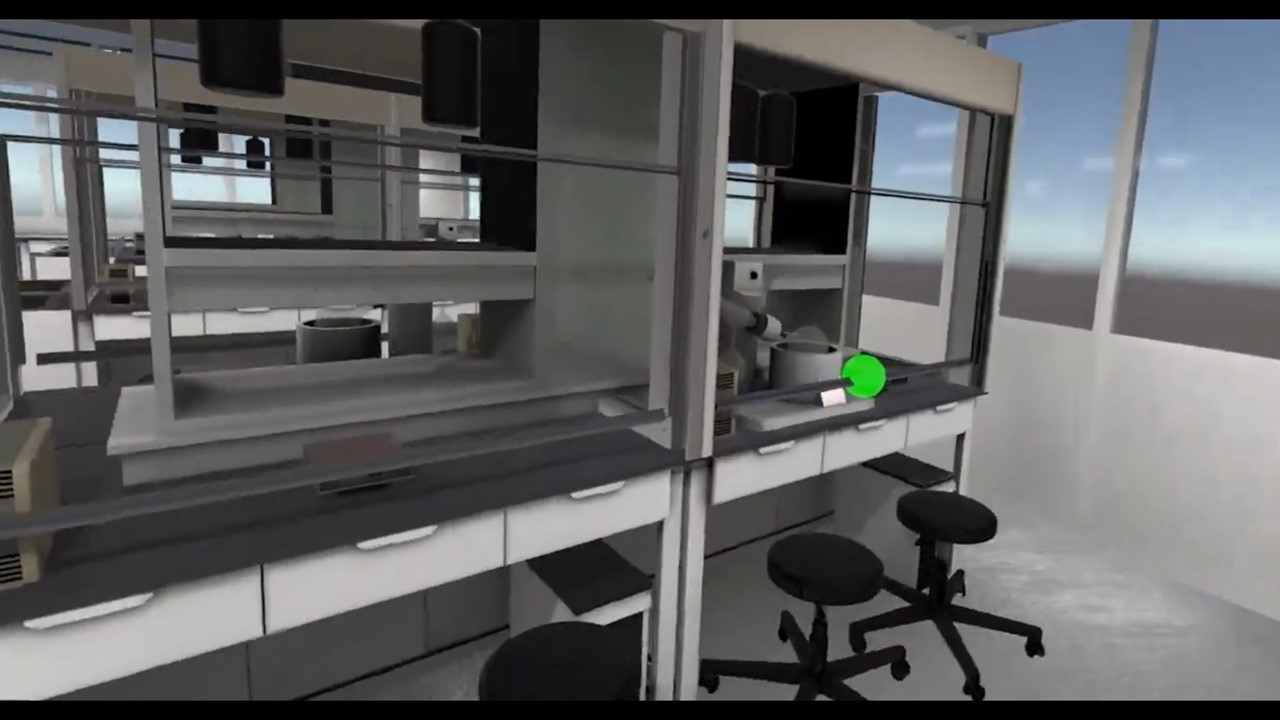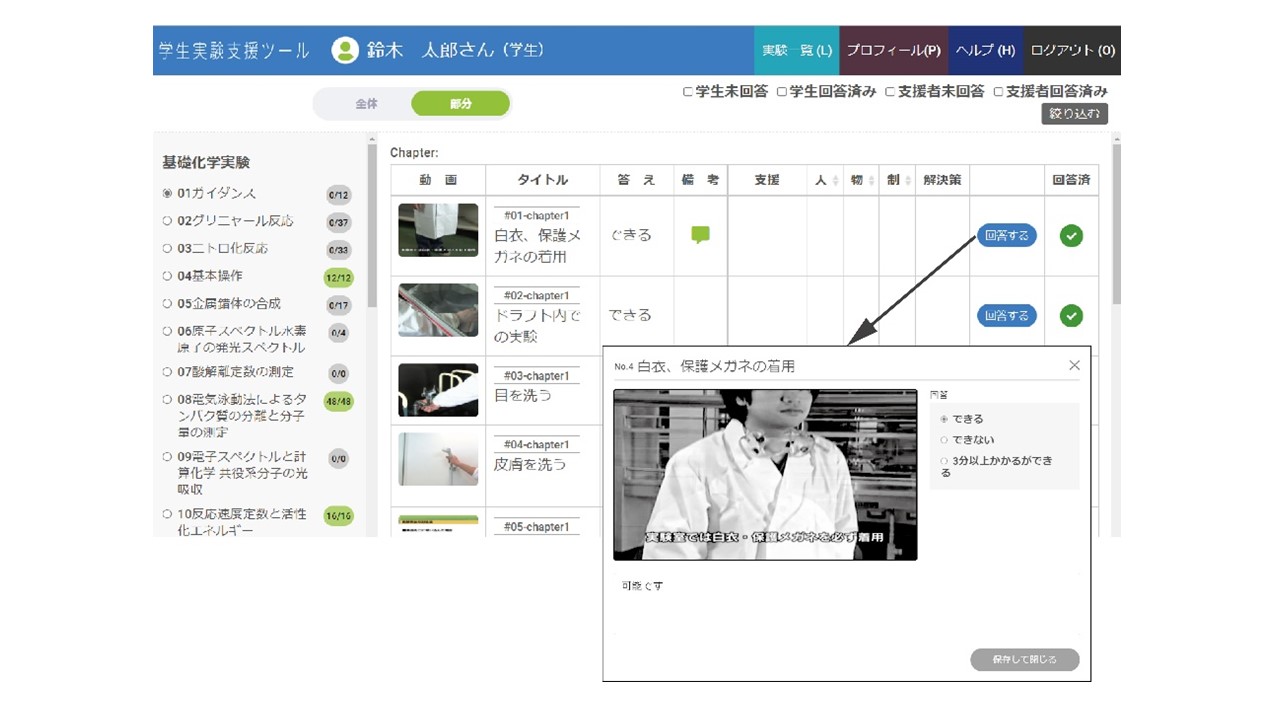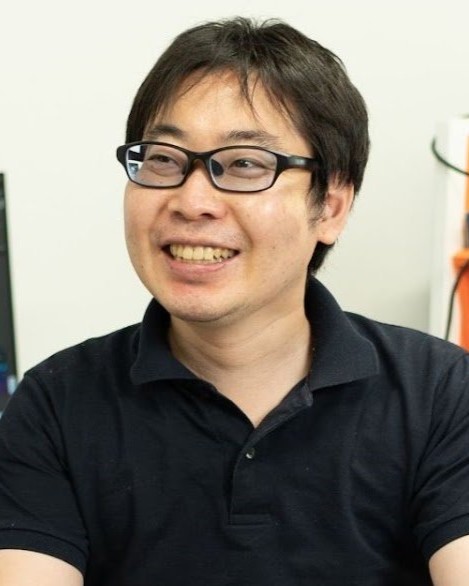- HOME
- Research
- Research Category
- Inclusive design laboratory Namiki Laboratory
Inclusive design laboratory
Namiki Laboratory
Towards accessible science laboratories in Japan
Japanese universities are now creating inclusive classroom environments, and various supports are available for students with disabilities (SwD). However, the number of SwD in science, technology, engineering, and mathematics (STEM) is minimal due to the lack of accessibility.
We are now working on accessibility in science, mainly focused on researching and developing an inclusive laboratory so that STEM students and researchers with disabilities or chronic conditions can freely conduct experiments. All our facilities, including lab tables, lab sinks, reagent storage cabinets, emergency showers, and eyewash basins, have been developed using inclusive design principles by researchers who use wheelchairs. In the future, accessible laboratory equipment like those developed here should be standard at other
universities and educational institutions.
Despite the diverse needs of researchers with disabilities, the issue of accessible laboratories remains low on the priority list. While there are several commendable efforts in Japan to promote diversity within academic societies, more work is needed to improve accessibility in science. We believe that the accessible lab we are building is not just a proof of concept, but a beacon of hope that demonstrates the potential to foster equality and representation, particularly in disability inclusion, within Japanese academia. The barrier-free laboratory that we are now preparing will soon be open for business, providing a platform for SwD to gain hands-on research experience. Through this initiative, we are not just advocating for change, but actively working to inspire other research and educational institutions in this country to embrace these inclusive laboratory ideas.

Virtual reality of a laboratory for chemistry

Application for consideration of accommodation in the laboratory

Accessible lab furniture
When I was a postdoctoral fellow, I lost the ability to walk due to a severe neurological disease and once gave up on my research. However, through various connections, I am now back at university conducting research. The reason I decided to give research another try is that I learned there are a significant number of researchers with disabilities and that some countries have cultures and systems that welcome researchers with disabilities.
The main difficulty I face in my research is the barriers in the laboratory environment. One reason is that laboratory design does not take into account the needs of people with disabilities. This issue is common to others, such as students with disabilities, people with illnesses or acquired disabilities, and the elderly. By collaborating with people in various positions inside and outside the university, I am working on making the laboratory environment barrier-free through an "inclusive design" approach that considers designs usable by people with significant limitations, such as disabilities.
We plan to use this space to provide scientific research experiences to students with disabilities. I hope to realize the global trend of expanding participation in STEM fields by people with disabilities here in Japan as well.
Member

-
- Associate Professor
Shigehiro NAMIKI
Research Area: Biology - Associate Professor
Laboratory Homepage
Tags

